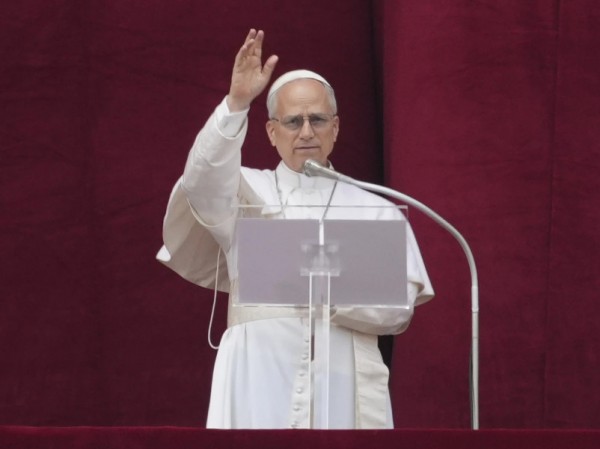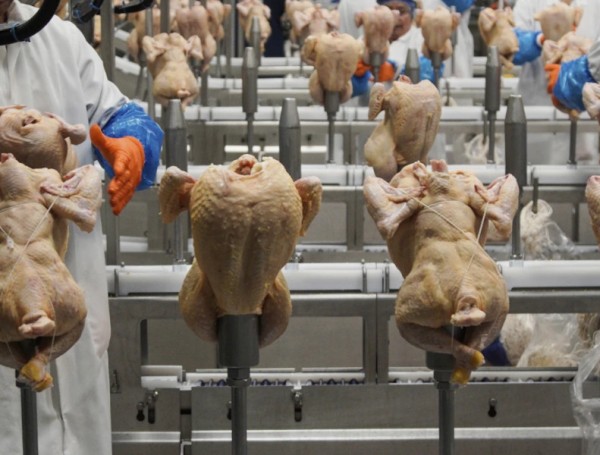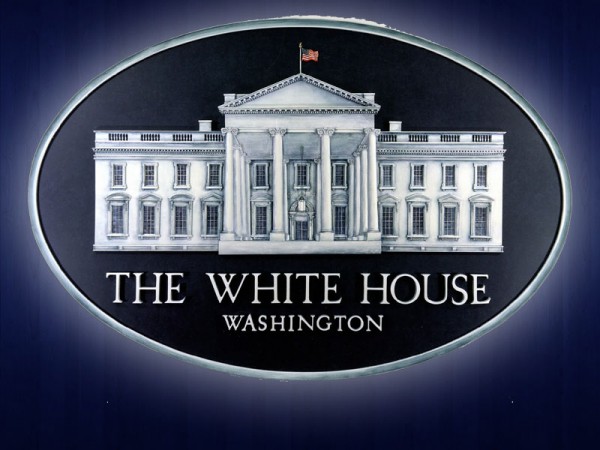BUSAN, South Korea (AP) — Negotiations on a treaty to end plastic pollution are drawing to a close Sunday as nations continue debating whether part of that should be putting limits on plastic production.
Negotiators spent all of Saturday trying to reach agreement behind closed doors, but the latest draft of the treaty, released Sunday afternoon, leaves the question to be settled in open session. It includes multiple options for several key sections.
For the most contentious of those — the proposal to limit production — that includes a compromise that would set a target at a later conference and an option to drop the idea altogether.
Every year, the world produces more than 400 million tons of new plastic. Plastic production could climb about 70% by 2040 without policy changes.
The draft's options also include possible language to ban some plastic products that are single-use or contain toxic chemicals, as well as less stringent options. It would also require parties to the treaty to improve the design of plastic products so they don't release microplastics and can be recycled.
Countries could adopt these provisions or make changes when they meet later Sunday.
Delegates from some countries say the new draft is too weak. Sam Adu-Kumi, lead negotiator for Ghana, said the draft is full of voluntary measures that won't end plastic pollution but the world needs a treaty that imposes obligations on all parties.
No treaty at all would be better than a weak one, Adu-Kumi added. Ghana's communities, bodies of water, drains and farmlands are choked with plastics, and dumping sites full of plastics are always on fire, he said.
“We are here for a legally binding instrument to end plastic pollution,” he said in an interview. “So if we are here and we are getting a treaty that does not address the issues head on, then where are we heading towards? We are not getting anything that will solve the issue. We want a treaty that will be able to solve it. Otherwise we will go without it and come and fight another time.”
At a news conference earlier in the day, Panama and Fiji said that if other nations won't join them in standing up for the ambition this treaty requires, they should “get out" of their way. They were joined by representatives from Mexico, France, Rwanda and the European Union, who together said they would do everything possible in the final hours to push a treaty forward that will solve the crisis.
“We are already doing waste management efforts back home,” said Sivendra Michael, Fiji's secretary for the environment and climate change. “This treaty has to be bigger than all of us. It’s about saving this planet. It’s about saving humanity. And so that’s why we are here, still having hope, pushing. And we will push right until the end, until the time we’re supposed to leave Busan.”
A growing number of countries said in Busan that they want to address the total amount of plastic produced on Earth. A senior member of the U.S. delegation told The Associated Press on Saturday that the country supports having an article in the treaty that limits the world's supply of plastic.
But for some plastic-producing and oil and gas countries, that crosses a red line. They want a treaty that focuses on better management of plastic waste and recycling. Currently, for any proposal to make it into the treaty, every nation must agree to it. India, Saudi Arabia and others have insisted that should remain the case.
Some countries have sought to change the process so decisions can be made with a vote if consensus can't be reached, both during the negotiations and at future meetings about the treaty. But the draft doesn't include that as an option.
That's a huge omission because consensus decision-making has paralyzed the talks, said Erin Simon, an expert on plastics and packaging at the World Wildlife Fund.
“Not having a threat of a vote means each country has a veto card,” she said. “They have no incentive to come up with a plan and we've seen that time and time again in these negotiations.”
Rwanda's lead negotiator, Juliet Kabera, said there is still time to find common ground, but her country will only accept a treaty that has the strength, ambition and accountability to solve the crisis.
Ed Shepherd, representing the Business Coalition for a Global Plastics Treaty, attended the news conference in support. The coalition includes about 270 businesses and financial institutions. He said businesses want global rules, and it's “clear we need to use less plastic.”
___
The Associated Press’ climate and environmental coverage receives financial support from multiple private foundations. AP is solely responsible for all content. Find AP’s standards for working with philanthropies, a list of supporters and funded coverage areas at AP.org.



















